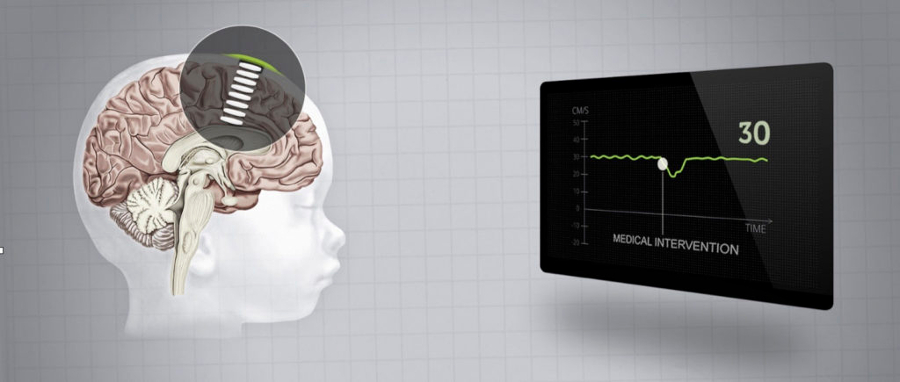New Ultrasound Technology Prevents Brain Damage in Newborns Undergoing Surgery
Posted on 03 Jan 2024
Premature and critically ill newborns undergoing surgery are more susceptible to brain injuries during general anesthesia due to possible variations in blood pressure. Now, a breakthrough ultrasound technology that allows for real-time monitoring of cerebral blood flow in newborns aims to prevent brain damage in premature and sick infants undergoing surgery.
The new ultrasound technology named NeoDoppler has been developed by researchers at the Norwegian University of Science and Technology (NTNU, Trondheim, Norway) for continuous measurements of cerebral blood flow in neonates. NeoDoppler is designed to reduce the occurrence of brain injuries in premature and critically ill newborns by providing vital data on their cerebral blood flow, allowing for timely interventions when needed. By detecting fluctuations in cerebral blood flow, caregivers can make critical adjustments, such as fine-tuning ventilator settings or managing blood pressure, to avert potential brain damage. The device, shaped like a button, is gently positioned on the infant's head, where it can continuously monitor blood flow through the open fontanelle without disrupting the child, medical care, or parental interaction.

NeoDoppler's operation is not dependent on the user, setting it apart from traditional ultrasound imaging that offers only a snapshot of the brain circulation. During a two-year study, researchers employed this method on 30 newborns, including extremely premature infants and those born with congenital anomalies. Findings indicated a notable drop in cerebral blood flow speed under anesthesia, suggesting that current blood pressure standards for newborns might be too low, thereby increasing their risk during surgeries. The research team envisions NeoDoppler becoming a new norm in newborn monitoring, with potential applications extending to a wide array of pediatric patients, such as those with congenital heart diseases or other neonatal surgical needs.
Related Links:
NTNU




 Guided Devices.jpg)









